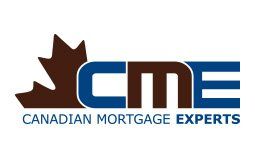4 Ways to Take Control of Your Finances in 2021
DLC Canadian Mortgage Experts • January 4, 2021

The beginning of a new year is an ideal time to review your finances. Hopefully, with the wild ride of 2020 behind us, 2021 is a time we can all move forward. Regardless of where you’re at financially or your financial goals, here are four areas to consider as you take control of your finances in 2021.
Take control of your spending.
If you really want to get ahead, you’ll want to take control of how you spend your money. You do this by getting clarity around how much money you have to spend (income), what you’re required to spend it on (expenses), and then everything else (discretionary spending).
Track your spending and come up with a budget using a spreadsheet. If that seems daunting, consider one of the many financial programs available online. If you’re looking for a little more direction, there are many independent Fee-Only Financial Planners in Canada who can provide you with personalized financial advice for a small fee. Any steps you take here will be better than not taking any steps at all.
Take control of your debt.
If you have debt, you’ll want a plan to get rid of that debt. Start by making a comprehensive list of all the money you owe, the amounts, interest rates, and payment schedules. The key to taking control of your debt is to know exactly how much debt you have.
Make the minimum payments on all your debts while focusing on zeroing the highest interest rate debt first. Once that has been paid off, don’t let up, roll all your payments into the next debt, and so on, until you’re debt-free. Once you’re debt-free, consider rolling all the payments you’ve been making to pay out your debt into your savings account!
Take control of your credit.
How you manage your existing credit determines the credit you’ll be extended in the future. If your goal is to purchase a property, you’ll want to make sure your credit score reflects a history of payments being made as agreed.
Now, even if you’ve made all your payments on time, your credit report might not reflect that, especially if you’ve deferred any payments due to COVID-19. Estimates show that at least 20% of credit reports contain errors. By regularly reviewing your Equifax and Transunion credit bureaus, you can ensure your credit reports don’t have any errors or contain information that might hinder you from getting credit in the future. It's always a good idea to get out ahead of problems before they become problems.
Take control of your mortgage.
If you’re like most Canadians, paying off your mortgage will be your single biggest expense in life, while at the same time, those payments will help build your greatest asset; home equity. Ensuring your mortgage is working for you (and not the bank) is a crucial part of your financial health.
Take control of your mortgage by working with an independent mortgage professional to review your current mortgage and compare it to what is available on the market. If there is money to be saved, it should be saved. The goal of any mortgage should be to lower the overall cost of borrowing over the life of the mortgage. Annual reviews help you accomplish this.
In fact, with all the economic uncertainty caused by COVID-19, mortgage interest rates are currently very low. Now might be a great time to renegotiate the terms of your mortgage, especially if you haven’t done that within the last year. There is no cost to review your mortgage. I would love to outline all your options!
If you’d like to discuss any of this, please don’t hesitate to contact any of our Canadian Mortgage Experts anytime!
RECENT POSTS

Did you know there’s a program that allows you to use your RRSP to help come up with your downpayment to buy a home? It’s called the Home Buyer’s Plan (or HBP for short), and it’s made possible by the government of Canada. While the program is pretty straightforward, there are a few things you need to know. Your first home (with some exceptions) To qualify, you need to be buying your first home. However, when you look into the fine print, you find that technically, you must not have owned a home in the last four years or have lived in a house that your spouse owned in the previous four years. Another exception is for those with a disability or those helping someone with a disability. In this case, you can withdraw from an RRSP for a home purchase at any time. You have to pay back the RRSP You have 15 years to pay back the RRSP, and you start the second year after the withdrawal. While you won’t pay any tax on this particular withdrawal, it does come with some conditions. You’ll have to pay back the total amount you withdrew over 15 years. The CRA will send you an HBP Statement of Account every year to advise how much you owe the RRSP that year. Your repayments will not count as contributions as you’ve already received the tax break from those funds. Access to funds The funds you withdraw from the RRSP must have been there for at least 90 days. You can still technically withdraw the money from your RRSP and use it for your down-payment, but it won’t be tax-deductible and won’t be part of the HBP. You can access up to $35,000 individually or $70,00 per couple through the HBP. Please connect anytime if you’d like to know more about the HBP and how it could work for you as you plan your downpayment. It would be a pleasure to work with you.

If you’re new to the home buying process, it’s easy to get confused by some of the terms used. The purpose of this article is to clear up any confusion between the deposit and downpayment. What is a deposit? The deposit is the money included with a purchase contract as a sign of good faith when you offer to purchase a property. It’s the “consideration” that helps make up the contract and binds you to the agreement. Typically, you include a certified cheque or a bank draft that your real estate brokerage holds while negotiations are finalized when you offer to purchase a property. If your offer is accepted, your deposit is held in your Realtor’s trust account. If your offer is accepted and you commit to buying the property, your deposit is transferred to the lawyer’s trust account and included in your downpayment. If you aren’t able to reach an agreement, the deposit is refunded to you. However, if you commit to buying the property and don’t complete the transaction, your deposit could be forfeit to the seller. Your deposit goes ahead of the downpayment but makes up part of the downpayment. The amount you put forward as a deposit when negotiating the terms of a purchase contract is arbitrary, meaning there is no predefined or standard amount. Instead, it’s best to discuss this with your real estate professional as your deposit can be a negotiating factor in and of itself. A larger deposit may give you a better chance of having your offer accepted in a competitive situation. It also puts you on the hook for more if something changes down the line and you cannot complete the purchase. What is a downpayment? Your downpayment refers to the initial payment you make when buying a property through mortgage financing. In Canada, the minimum downpayment amount is 5%, as lenders can only lend up to 95% of the property’s value. Securing mortgage financing with anything less than 20% down is only made possible through mortgage default insurance. You can source your downpayment from your resources, the sale of a property, an RRSP, a gift from a family member, or borrowed funds. Example scenario Let’s say that you are looking to purchase a property worth $400k. You’re planning on making a downpayment of 10% or $40k. When you make the initial offer to buy the property, you put forward $10k as a deposit your real estate brokerage holds in their trust account. If everything checks out with the home inspection and you’re satisfied with financing, you can remove all conditions. Your $10k deposit is transferred to the lawyer’s trust account, where will add the remaining $30k for the downpayment. With your $40k downpayment made, once you sign the mortgage documents and cover the legal and closing costs, the lender will forward the remaining 90% in the form of a mortgage registered to your title, and you have officially purchased the property! If you have any questions about the difference between the deposit and the downpayment or any other mortgage terms, please connect anytime. It would be a pleasure to work with you.

